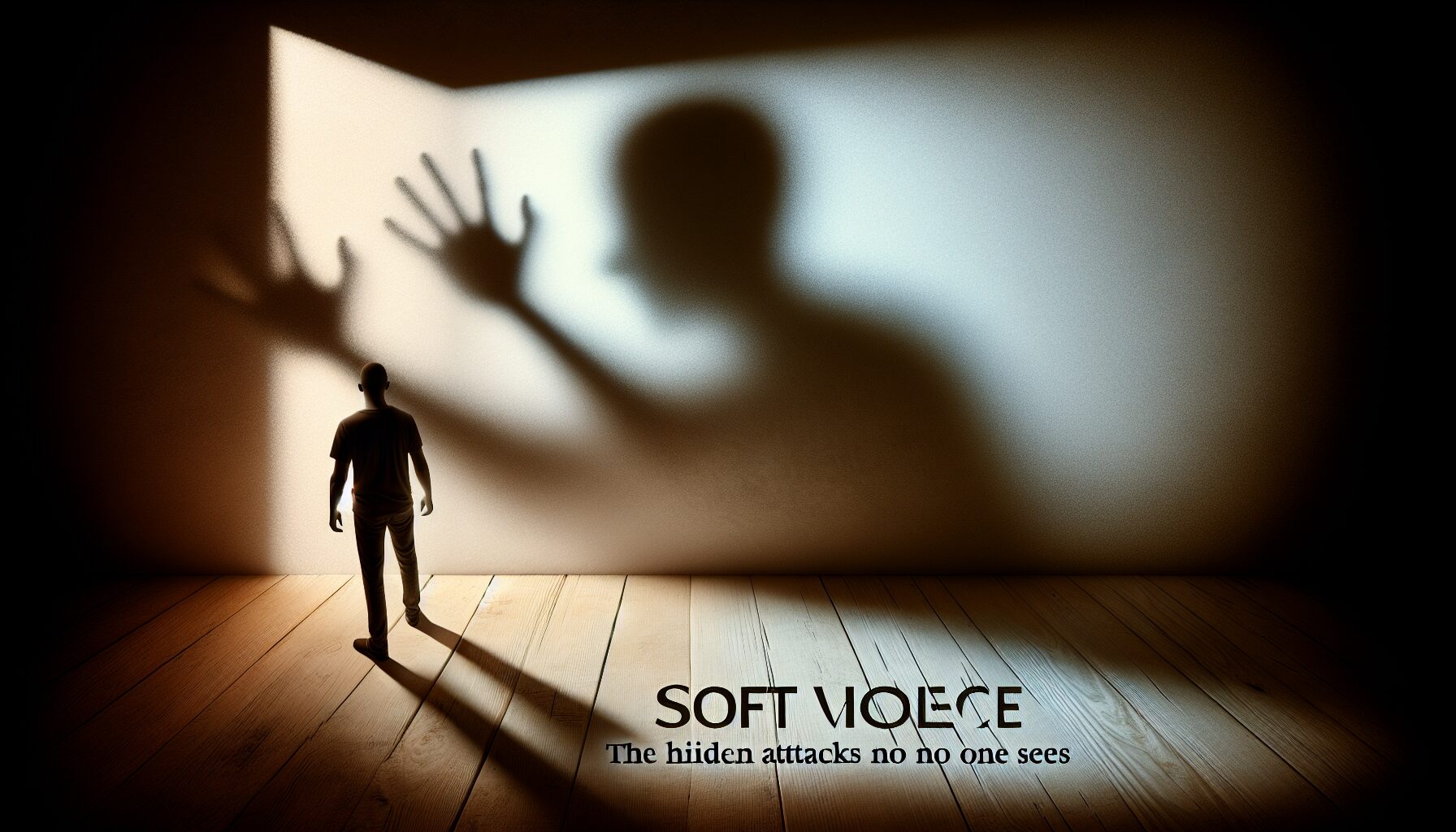Soft Violence: The Hidden Attacks No One Sees
In the shadows of everyday interactions, a subtle and often overlooked form of aggression lurks—soft violence. Unlike the physical blows that are more easily spotted and addressed, soft violence consists of nuanced, psychological attacks that manipulate and degrade their victims’ emotional and mental stability.
Understanding Soft Violence
Soft violence can best be described as a suite of behaviors that aim to silently undermine one’s self-esteem, confidence, and sense of reality. These behaviors include gaslighting, passive-aggression, silent treatment, and persistent criticism. According to renowned psychologist Paula E. Caplan, “Gaslighting produces anxiety, depression, and a variety of self-doubt in the victim.” (Psychology Today October 2019).
Victims of soft violence often find themselves in a continuous loop of self-doubt and psychological disarray. The subtlety of these attacks makes them difficult to address and leaves many victims questioning the validity of their experiences.
Common Forms of Soft Violence
- Gaslighting: This involves making someone doubt their memories or perceptions through outright denial, manipulation, and lying.
- Passive Aggression: This indirect expression of hostility can manifest as procrastination, feigned incompetence, or deliberate failure to complete tasks.
- Silent Treatment: Using silence as a weapon to control or punish the victim.
- Persistent Criticism: Constant, subtle put-downs that erode a person’s self-worth over time.
The Impact of Soft Violence
While it may not result in physical scars, soft violence leaves profound psychological impacts. Victims often experience chronic stress, anxiety, and depression. In the words of Dr. Deborah Khoshaba, “The scars that are suffered are deep and often ignored because they lack the physical manifestation.”
Addressing Soft Violence
To combat soft violence, awareness must be raised about its existence and consequences. Open dialogues about mental health and emotional abuse are crucial steps to empower victims and hold perpetrators accountable. Staging interventions or seeking professional guidance can provide the necessary support for those entangled in such toxic dynamics.
“Emotional abuse is just as damaging as physical abuse, though it is often harder to recognize and comes with the excuse that it’s not really that bad.” — Cat Lantigua, Everyday Feminism (2015)
By spotlighting these hidden attacks, society can foster a more supportive environment for victims, helping them reclaim their power and sense of self-worth.
